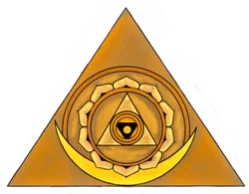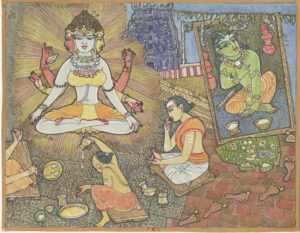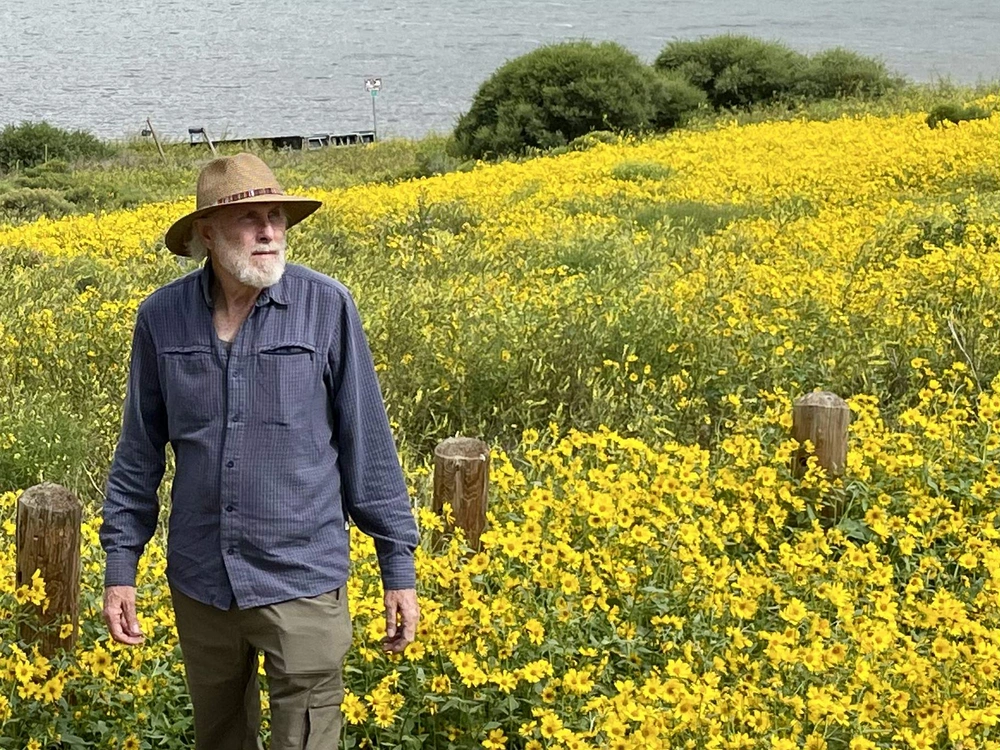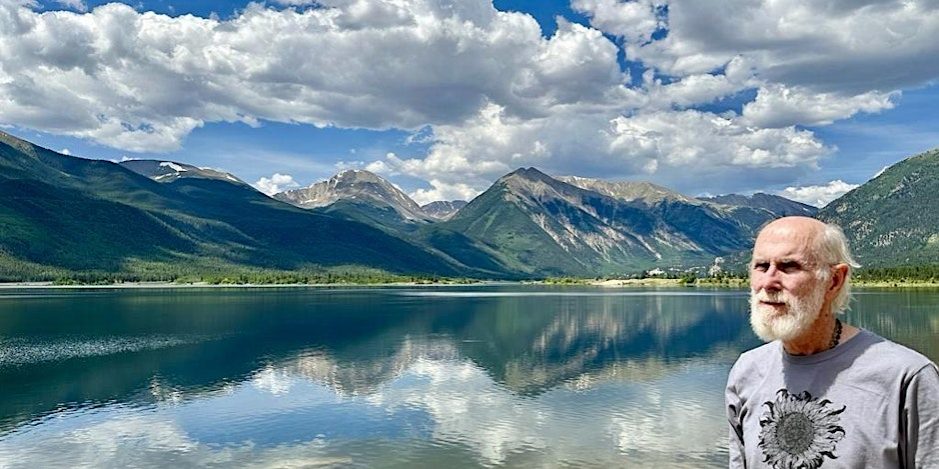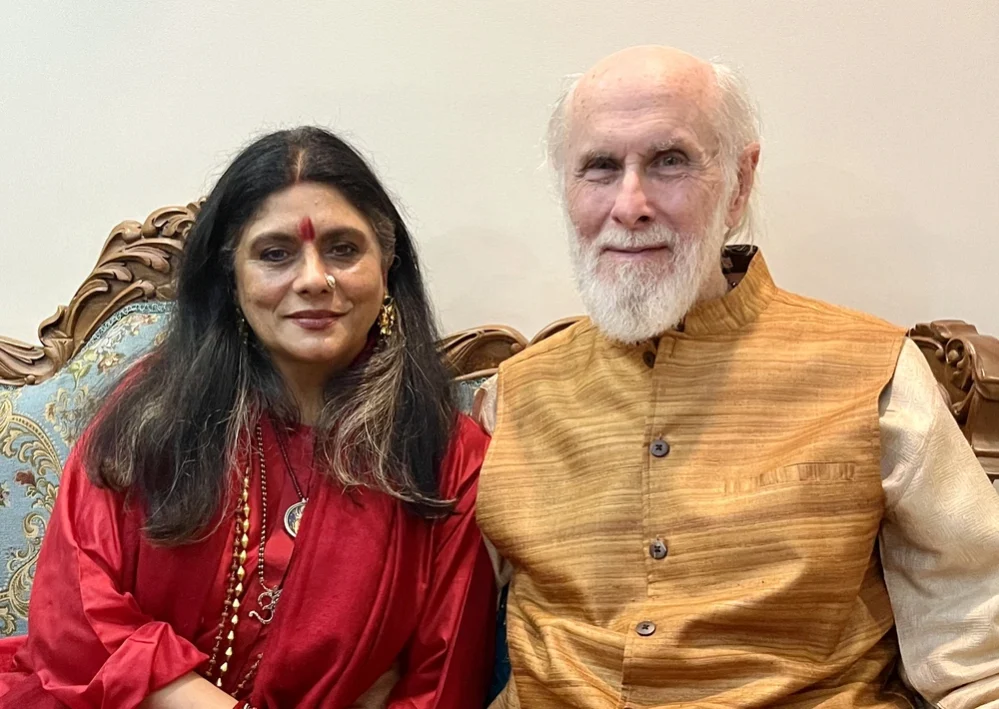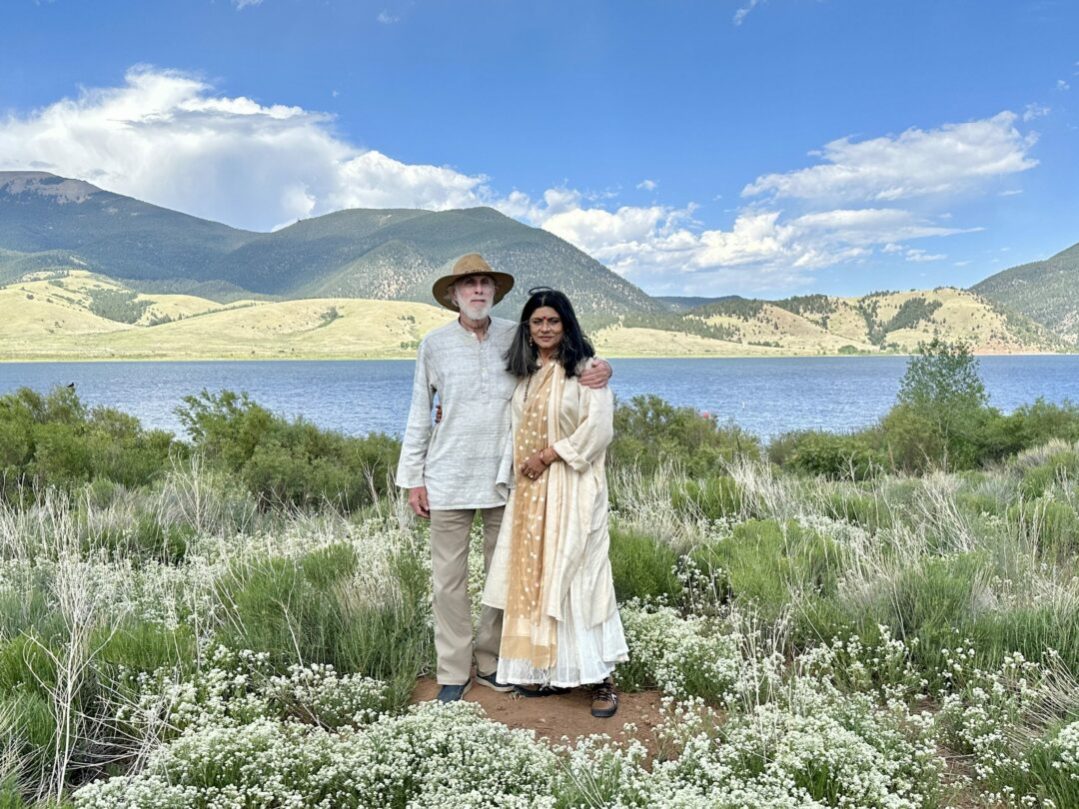We human beings are only one variety of living beings. We share a common heritage with all living beings, not just with our own species.
Life in Vedic terminology is called Prana, which refers not just to the breath but to the lifeforce overall. The same Prana flows in all living beings linking them all together. It pervades the universe as a whole, animate and inanimate, as we gain it from the air and the Sun, as well as the Earth and its biosphere.
As human beings we can be defined as “mentalized pranic beings”. Yet all living beings have mind and consciousness to some degree. A universal prana, mind and consciousness pervades all of space.
We share a common life or pranic heritage with all living beings that is deeper than we ordinarily acknowledge. The life-force we feel within ourselves is the same life-force other living beings also feel. We are not unique but are merely one of the many diverse manifestations of life and prana. The joy of being alive and aware is common to all species. The universe is a single vast organism working through a boundless cosmic prana and vitality in numerous realms of manifestation, from the physical to the transcendent.
Common Life Experience of All Living Beings
All living beings share a common life experience. All living beings want to find pleasure and happiness and avoid pain and suffering. Animals also feel fear, desire, anger and the same basic range of emotions we do. The fear we humans feel, for example, is not different than the fear animals feel when under threat, though the context in which it arises may be different. Plants similarly have feelings, with their prana disturbed by injury or soothing music making them function more harmoniously.
Animals have the same types of sense organs as we do. In fact, animals may have a greater sensory acuity than ours, particularly the sense of smell, but also the sense of hearing and other senses depending upon the species. Plants may not have visible or differentiated sense organs but they are still sensitive to sound, light and touch.
These five senses reflect universal life potentials, not just accidents of evolution on earth. According to Vedic knowledge systems, there are universal forms of sight and hearing (drishti and shruti) that pervade all space (akasha) and function at a cosmic, not just at a creaturely level.
Relative to vital urges, animals also feel hunger and thirst, have their cycles of reproduction, have homes they carefully tend for, have individual and collective relationships and forms of bonding, have the same daily cycles of waking, dream and deep sleep, are aware of the seasons and phases of the Moon, as well as having the same aging processes of birth, growth, maturity, decay and death.
Role of the Mind
What we call mind in our own species is an embodied consciousness. Consciousness itself in the Vedic sense is a universal principle like space or light. The human mind is not the highest possible consciousness. There are more aware beings in other worlds, and we as human beings have an evolutionary potential to develop into yet a more intelligent and sensitive species.
Animals also have minds which coordinate their emotions and sensory activities. While it appears that we human beings have better developed minds than animals, animals can be aware of factors in the environment that we may not note, extending almost to psychic abilities.
We humans are mentalized pranic beings who have evolved our own species determined model of life that subordinates all other species to our control. We have created a strictly defined human environment, mainly through our cities but wherever we create homes and communities.
These human domains may include domesticated animals, our own gardens and farms, but we look at life through our human boundaries and social status. We find the world of nature, what we call the wild, to be dangerous and alien, though attractive and interesting at times. But we don’t see nature as our home or all living beings as our brothers and sisters. Meanwhile other creatures that we call wild likely look upon us as wild and dangerous, given their experience of how we harm them and disrupt their lives.
Human Based Exploitation and Violence
We mentalized humans have perpetrated a tremendous exploitation of our natural environment, along with the genocide and extinction of numerous other species, animals and plants. Yet the same predatory tendencies we use to subordinate other species, we also use against the members of our own species to gain position, power and property. This is clear from our long history of war and violence, sexual exploitation, slavery, and every other sort of cruelty and oppression.
Our human view of life is anthropocentric and species centric. We do not respect other species as having similar rights to existence or feelings to be respected. The same egoistic views against other species are applied to members of our own humanity who differ from us in ethnicity, language, religion, gender or culture. One could argue that until we honor other living beings, we cannot find peace in our own species, perhaps not even in our own families or in our own minds.
Higher Evolution of Consciousness
The question then arises, are there other species or perhaps certain types of human beings who are more evolved in consciousness, who are aware of the unity of life and respect all living beings and are fit to uplift the movement of life?
In all cultures, we have traditions of great sages, seers, healers, yogis and artists who teach us how to experience this oneness with nature and the whole of life. But such individuals remain a small minority and have not become the dominant forces behind our civilization, which remains under the forces of greed and exploitation both of other human beings, as well as nature as a whole.
Others may say that humanity needs to evolve further before it can take a harmonious role upholding the universal life, a process that may take centuries if not thousands of years. Others may say that we need to evolve a new species beyond the human, in which the awareness of the unity of life and consciousness is innate. That also would require a great deal of time.
Yet we as individuals, limited as we are by our karma in the current human species, can raise the level of awareness and unity consciousness in society and help heal the planet and ourselves. That is the necessity of our human birth and individual dharma. For this the Vedic knowledge systems can be a great help. Meditation and Self-realization can radically change our awareness so that the universal light of Consciousness and its boundless Prana can manifest through us for the benefit of all.
Dr. David Frawley
